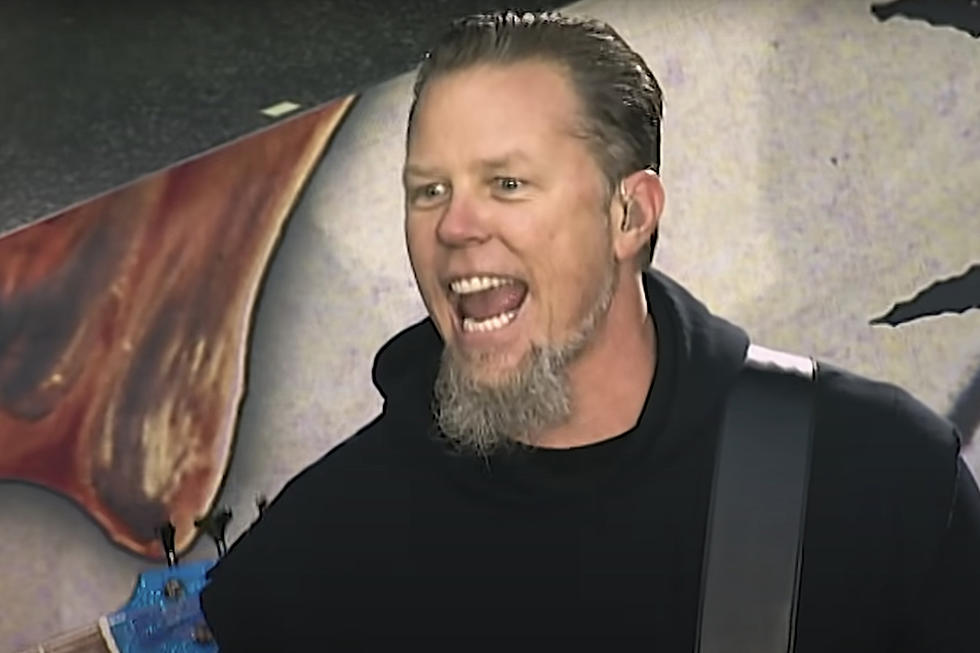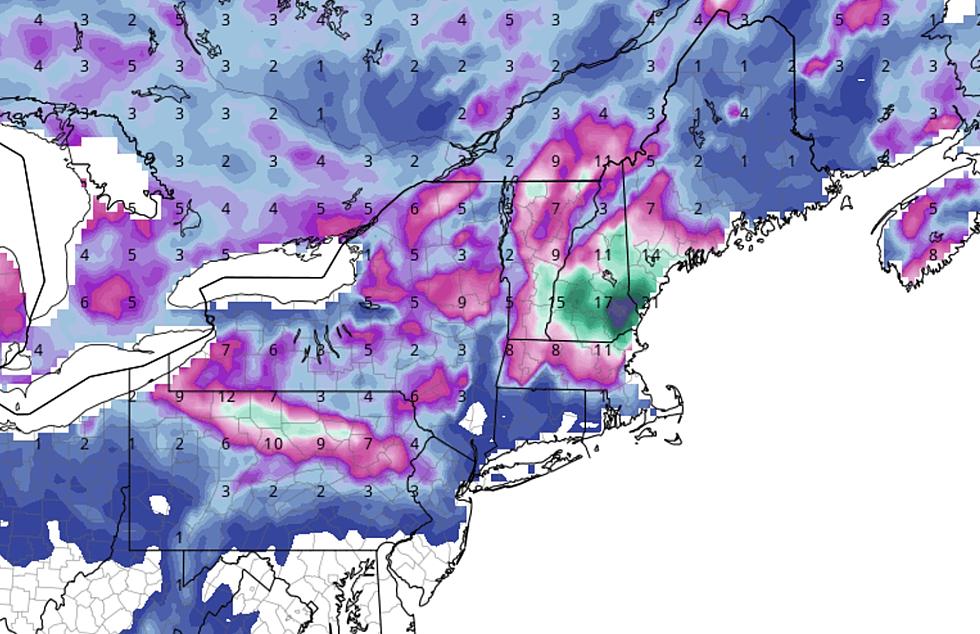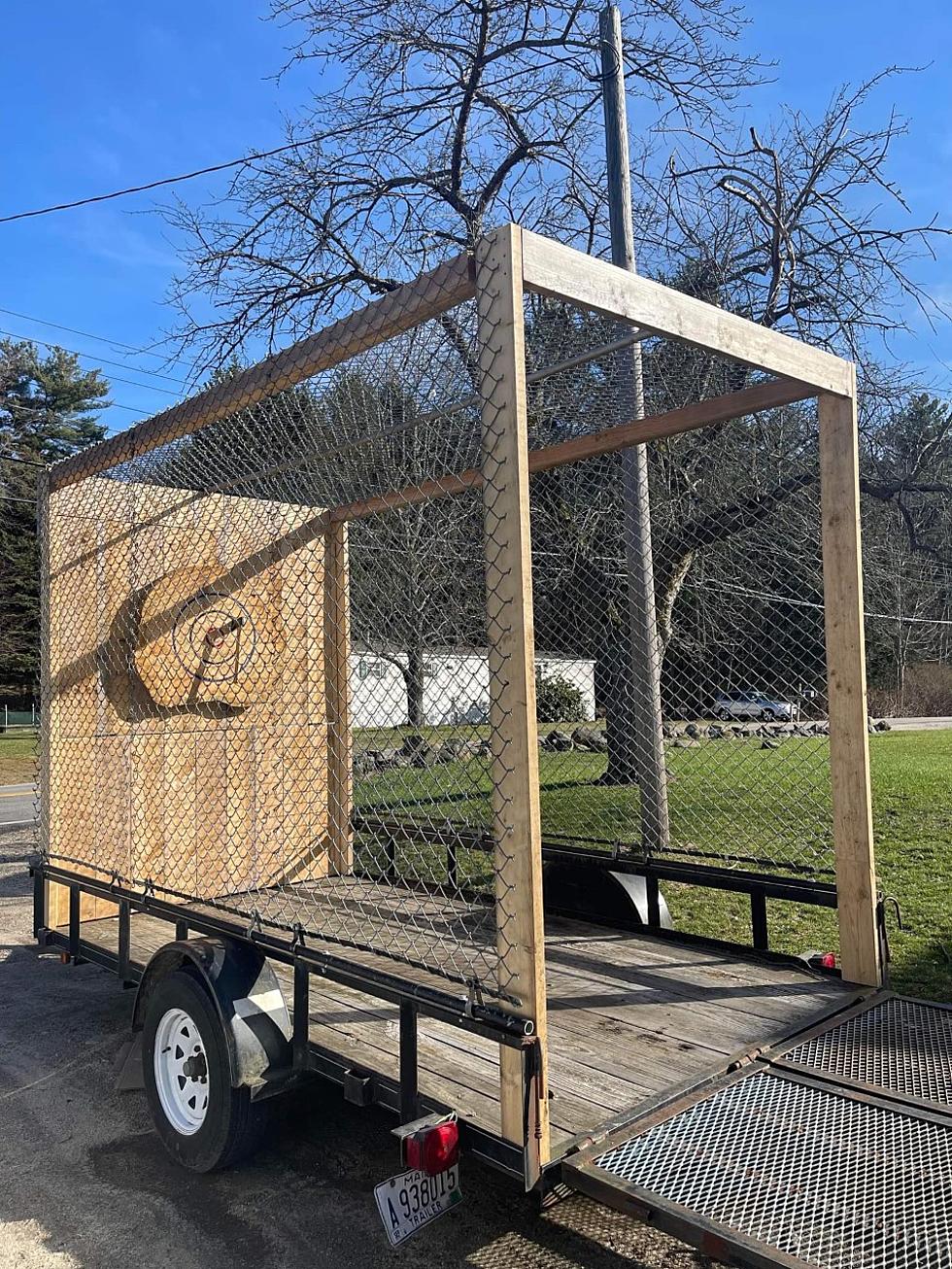
When the FCC Tried to Crack Down on Drug-Related Lyrics
The FCC issued an edict on March 5, 1971 warning program directors that they needed to take more responsibility for the lyrical content of the music they broadcast. The goal was to induce the nation's radio stations to protect the public airwaves amid worries that a growing number of popular songs contained coded drug-related messages to kids.
Rolling Stone reported on the ruling in April 1971, tracing the decision back to a series of hearings held by a congressional committee on drug abuse in 1969. At the hearings, TV host Art Linkletter lashed out at rock radio, holding acts like the Beatles responsible for his daughter's drug overdose.
Singling out the band as "a terrible, terrible example for youth," Linkletter argued that on rock radio in general, "half the songs are secret messages to the teen world to drop out, turn on and groove with chemicals and light shows at discotheques." It might sound funny now, but at the time, plenty of people were afraid of rock's influence on America's youth — and in 1971, the FCC took a step to correct the problem.
"Whether a particular record depicts the danger of drug abuse, or, to the contrary, promotes such illegal drug usage is a question for the judgment of the licensee," read the edict. "The thrust of this notice is simply that the licensee must make that judgment and cannot properly follow a policy of playing such records without someone in a responsible position (i.e., a management level executive at the station) knowing the contents of the lyrics.
"Such a pattern of operation is clearly a violation of the basic principle of the licensee's responsibility for ... the broadcast material presented over his station," the FCC continued. "It raises serious questions as to whether continued operation of the station is in the public interest. In short, we expect licensees to ascertain, before broadcast, the words or lyrics of recorded musical or spoken selections played on their stations."
The move was not without controversy. FCC commissioner Nicholas Johnson was the lone dissenting vote against the decision. In Johnson's view, the ruling had less to do with drugs than it did with the Nixon administration seeking another weapon in its fight against dissent — something he based on a Defense Department briefing on song content that, he noted, "used a lot of of lyrics that aren't talking about drugs at all — they're anti-war songs or songs attacking the commercial standards of society, the standards of conspicuous consumption."
Listen to Brewer & Shipley's 'One Toke Over the Line'
Johnson warned that the move raised "some questions about what's going on here. If the FCC is going to be used by the administration to frighten broadcasters to carry only stuff favorable to it, this country is in a lot more danger than any of us has imagined."
Ultimately, the FCC's decree probably didn't make a whole lot of difference one way or another, but in the short term, it had a chilling effect on airplay for a number of songs — perhaps most notably the Brewer & Shipley single "One Toke Over the Line," which was just starting its climb up the charts when the controversy started. A separate Rolling Stone report noted that "at least half a dozen" major stations had dropped the track by mid-April — just as it was cresting near the Top 10.
"I frankly didn’t know what ‘toke’ was," admitted Jeff Kaye, the program director of Buffalo's WKBW. "So we did a street survey, and 90 percent of the kids said it had to do with marijuana." Kaye decided to purge his station's playlist of that song and others that he deemed "beyond the boundaries of good taste," including the Jefferson Airplane's "White Rabbit," Bloodrock's "D.O.A.," the Rolling Stones' "Monkey Man" and the Byrds' "Eight Miles High."
All of those songs were already hits, and the fact that they remain well-known today underlines how ineffective the FCC's decree turned out to be — at least in terms of preventing the spread of music that had already been successful. Then as now, radio is about ratings first, and any good PD knows you bring in ad revenue by giving the listeners what they want.
Still, it's hard not to wonder how many obscure singles from the era might have been hits if not for the climate of fear stoked by this decision — even if, as FCC commissioner Robert E. Lee told RS, the Commission wasn't about to get into the business of barring stations from playing a specific list of songs.
"That would be getting close to censorship," Lee insisted. "What we said is not that you shouldn't play a record – just know what you're playing. We're going to rely on the broadcaster's judgment."
Legends Who Never Had a No. 1 Single
How a Drug Dealer Inspired Eagles' 'Life in the Fast Lane'
More From 94.3 WCYY










